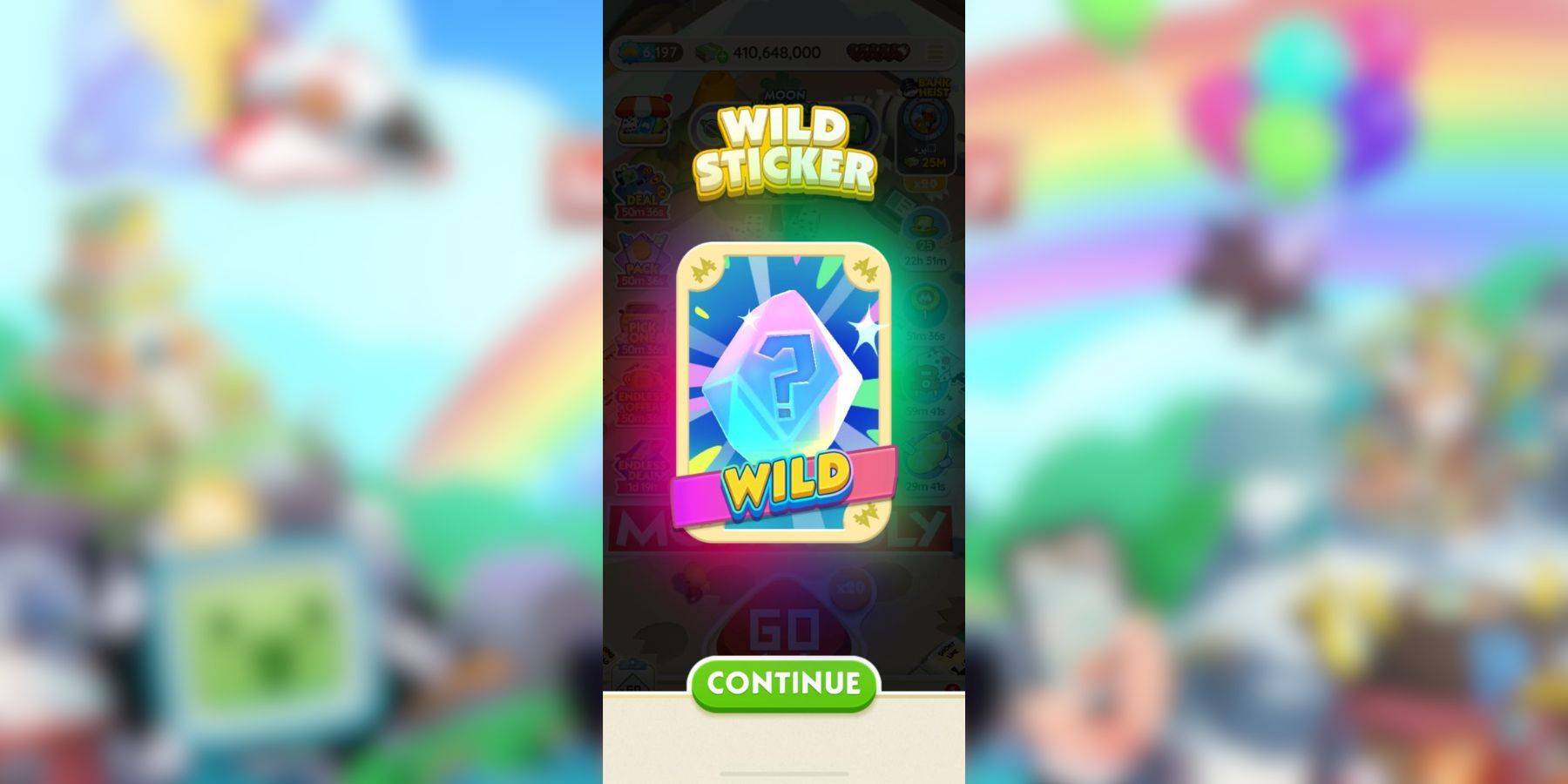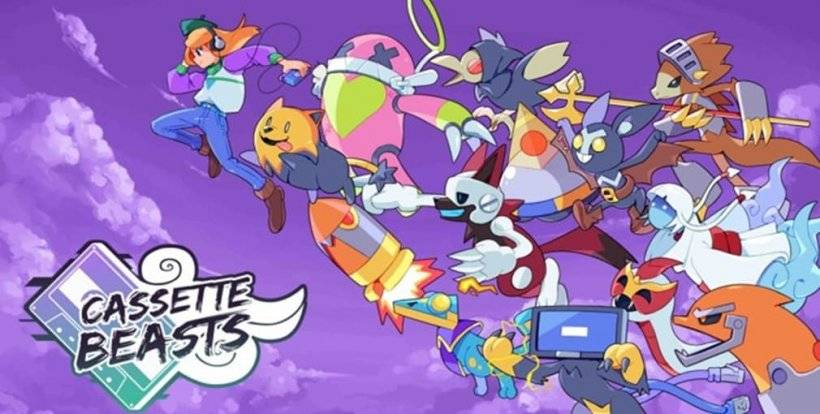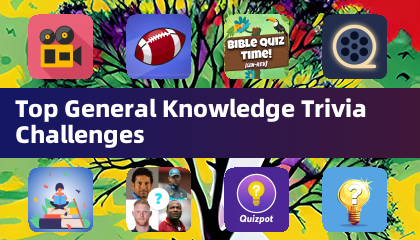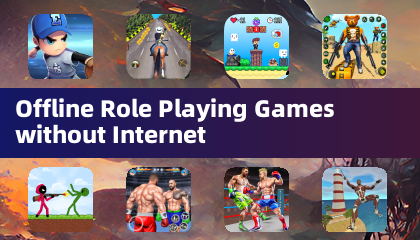Microsoft's multiplatform approach is clearly yielding impressive results, as evidenced by its successful launches on PlayStation 5, alongside Xbox Series X and S, and PC. This strategy's effectiveness was confirmed by Sony itself through a PlayStation blog post detailing the top-selling games on the PlayStation Store for April 2025.
In the U.S. and Canada, Microsoft games dominated the PS5's non-free-to-play download chart, with The Elder Scrolls IV: Oblivion Remastered, Minecraft, and Forza Horizon 5 securing the top three spots. Europe saw a similar trend, with Forza Horizon 5 leading, followed by The Elder Scrolls IV: Oblivion Remastered and Minecraft.
Additionally, Clair Obscur: Expedition 33, backed by Microsoft for a day-one Game Pass launch and featured in Xbox showcases, also ranked highly on both charts. Other notable entries included Call of Duty: Black Ops 6 from Microsoft-owned Activision and Indiana Jones and the Great Circle from Microsoft-owned Bethesda.
These results underscore a simple yet powerful truth: quality games from any publisher, including Microsoft, can achieve top sales positions. This is particularly evident with Forza Horizon 5, which filled a gap in the PS5 market with its eagerly anticipated April launch. The Elder Scrolls IV: Oblivion Remastered satisfied the demand for Bethesda's iconic titles, while Minecraft continued its reign, boosted by the viral success of its movie.
Microsoft's commitment to multiplatform releases is set to continue, as evidenced by the upcoming Gears of War: Reloaded, slated for PC, Xbox, and PlayStation in August. This trend suggests that even iconic Xbox exclusives like Halo might eventually cross over to other platforms.
Last year, Microsoft's gaming chief Phil Spencer emphasized that there are no "red lines" preventing any first-party Xbox game from going multiplatform, including Halo. In a conversation with Bloomberg, Spencer highlighted the business-driven nature of this strategy, aiming to maximize revenue following the significant $69 billion acquisition of Activision Blizzard.
"We run a business," Spencer noted in August, underscoring the high expectations within Microsoft for the gaming division to deliver substantial returns. He views the multiplatform strategy as crucial for strengthening Microsoft's games and expanding its platform presence across consoles, PCs, and cloud services.
Former Xbox executive Peter Moore told IGN that discussions about bringing Halo to PlayStation have likely been ongoing at Microsoft. He suggested that the potential to significantly increase revenue by treating Halo as a third-party title is a compelling business argument. Moore acknowledged the iconic status of Halo within the Xbox ecosystem but stressed that leveraging such intellectual property for broader market impact is a common strategic consideration.
Despite potential backlash from dedicated Xbox fans who feel that the console's value is being diminished by fewer exclusives and Microsoft's marketing shifts, Moore believes that Microsoft will prioritize business decisions that benefit its long-term strategy. He noted that the influence of the hardcore gaming community is waning, and catering to new generations of gamers is essential for the future of the industry.
In summary, Microsoft's multiplatform strategy is not only paying off in terms of sales but also shaping the future direction of its gaming business, with a focus on maximizing reach and revenue across all available platforms.






























